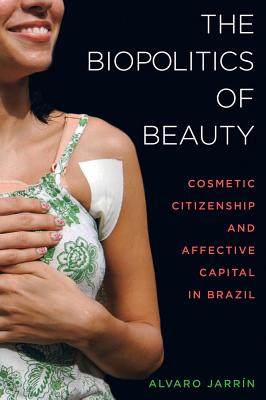Expedite your nonfiction book discovery process with Readara interviews, summaries and recommendations, Broaden your knowledge and gain insights from leading experts and scholars
In-depth, hour-long interviews with notable nonfiction authors, Gain new perspectives and ideas from the writer’s expertise and research, Valuable resource for readers and researchers
Optimize your book discovery process, Four-to eight-page summaries prepared by subject matter experts, Quickly review the book’s central messages and range of content
Books are handpicked covering a wide range of important categories and topics, Selected authors are subject experts, field professionals, or distinguished academics
Our editorial team includes books offering insights, unique views and researched-narratives in categories, Trade shows and book fairs, Book signings and in person author talks,Webinars and online events
Connect with editors and designers,Discover PR & marketing services providers, Source printers and related service providers

The Biopolitics of Beauty: Cosmetic Citizenship and Affective Capital in Brazil
Medical > Surgery - Cosmetic & Reconstructive
- University of California Press
- Paperback
- 9780520293885
- 8.9 X 5.9 X 0.7 inches
- 0.85 pounds
- Medical > Surgery - Cosmetic & Reconstructive
- (Single Author) Asian American
- English
Readara.com
Book Description
Author Bio
Dr. Alvaro Jarrín’s first research project explored the political economy of beauty in Brazil and its relationship to an unprecedented growth in plastic surgery, particularly in public hospitals. They are the author of The Biopolitics of Beauty: Cosmetic Citizenship and Affective Capital in Brazil (University of California Press), which won the NECLAS Marysa Navarro Book Prize in 2018 and an honorable mention for the AFA Michelle Rosaldo Book Prize in 2019. The book examines how aesthetic hierarchies inform Brazilian body politics and play a central part in the production of racial, gender and class difference in that nation.
Jarrín’s second research project focuses on a new type of activism in Brazil that celebrates transfeminine and transmasculine subjectivities through the production of political art, including theater, spoken word, digital art, fashion, film, music and performance art. Known as artivismo [artivism], this form of activism purposely blurs the boundaries between art and politics in order to produce visceral reactions in the audience, and thus counter the politics of disgust of Brazil’s far right, which portrays LGBT identities as a threat to the nation. The defiant visibility of gender nonconforming activists, which Jarrín calls "visceral politics," demonstrates that affect is useful for both sides of the political aisle as they make claims of who should get access to citizenship.
Prof. Jarrín teaches courses on medical anthropology, gender and sexuality, the cyborg self, inequality in Latin America, global queer activism, and racial justice.
Source: The College of the Holy Cross
Videos
No Videos
Community reviews
No Community reviews

